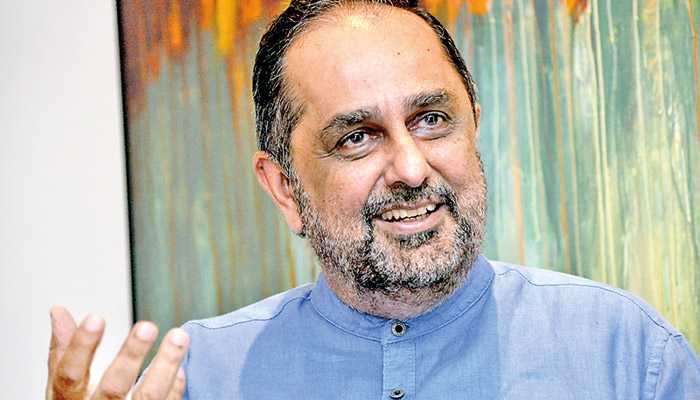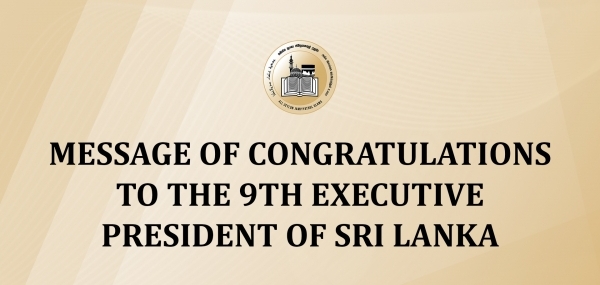Having returned from the Kingdom, four weeks in an abaya and hijab, I am angry and frustrated. As an analyst specializing in Saudi Arabia I knew much of what to expect, thus covering and not being able to drive were nonissues. Landing in Jeddah I dropped ten degrees body temperature switching from linen to an abaya. Four weeks later, I flew through to Atlanta without removing my abaya, not only to test American reactions but because it was comfortable and practical. In Riyadh’s Bedu Souk I added a burqa and realized, for the first time in my adult life, men spoke directly to me rather than to a physique. That is respect.
Having completed my book on the Kingdom, I had been invited to the Saudi American Interactive Dialogue in Jeddah. Staying to gather material for a second book, I met with people from all walks of life: Rich, poor, mothers, working women; the highly successful, the unemployed, royalty, Bedouin market sellers, and those in between. I met with Saudis by birth, Saudis by choice, and foreigners. I lived with Saudi families, those with domestic help and those without. All were open and eager to share their opinions. I traveled freely across the country, an “Arab” woman alone. Fed monumental amounts of food in Saudi homes nightly, unable to escape such generous hospitality, I never witnessed men separate from women. In Riyadh I used a Saudi friend’s office for a fortnight, was treated equally and was privy to top-level business discussions. Thus began my irritation.
I had expected to return to the US, defensive posture prepared. Since Sept. 11, I have tried in vain to explain the Kingdom to a country reluctant to understand or listen, have been the target of attacks, and have had professional difficulty for insisting on clarity on Saudi issues. It is acceptable in the US to be anti-war, anti-Bush, or support the Palestinians; it is not acceptable on either side of the political spectrum to be “pro-Saudi”. That is “sleeping with the enemy” or “hero worship”. Little of Saudi Arabia is covered in the West other than trade, oil, and proclamations of reform. Sadly, within the Kingdom and despite access to satellite television, newspapers and the Internet, even Jarir Bookstore has yet to catch up: Only travel and photography books, or historical biographies of Gertrude Bell and Harry Philby were available. Not permitting political material available to a hungry public belies logic at this stage.
I experienced few inconveniences. Prayer time forces the habit of pausing. Time passes differently in the United States as we race from work to school to the grocery store to after-school activities to dinner, housecleaning and laundry, finally collapsing in exhaustion having barely spoken to our children eating in separate rooms at different times. Families walk together along the Jeddah corniche, flying kites or riding donkeys, barbecues permeating the air — vastly different to the deafening X-rated rap music that invades main streets in America as teens cruise.
So why am I angry?
During all my conversations one question remained unanswered. When asked, What makes you proud to be Saudi, “being Muslim” or “being Arab” was as common a reply as “being the home of the Two Holy Cities”. One can easily define Palestinian anger, Iraqi angst, or Syrian character, yet I received nothing on Saudi national patriotism. Can you not see?
For years you have publicly apologized for comparatively low levels of violence, lack of reform, or the slow pace of change. Repeatedly I heard the despair and cynicism blinding you to what is happening in front of you: Palpable change, construction growth, new institutions, reform efforts, and the mutawa. You have much to be proud of, but your politeness and kindness allows the West to trample you, naming you a threat to “democracy” and the world.
You cannot let this continue. Pre-empt the increase in anti-Saudi hostility and stop re-emphasizing your weaknesses. You are a dignified people, so take pride in your country in action, not just spirit. Explain to the world how you respect women, how safe and free from crime you are, and how family takes priority. Demand how the US, world leader in murder, rape and domestic violence, dare accuse you of human rights abuses. Ask how Americans can defend their preferred method of capital punishment by electrocuting women, minors and the mentally handicapped. How, if democracy includes the export of the largest pornographic industry throughout the world, can they judge the Kingdom for its restrictions? Why can a Saudi leave his wallet, laptop and digital camera on the front seat of a car, as I did, and return to find everything intact? Americans live in gated subdivisions with security alarms; child molesters roam free in every neighborhood. Half empty compounds in the Kingdom are triple barricaded, one Alkhobar compound protected by five security walls and armored trucks. Murderers don’t return to the scene of their crime, so why such fear? Nuns, priests, Jewish settlers, rabbis and Catholics cover their heads but Saudi women are “oppressed” for such? Why apologize for your rate of progress when it took the United States two hundred years, until 1920, to grant women the right to vote? American women are paid seventy-five cents to the dollar compared to men; the Prophet’s first wife was his employer, a successful and powerful businesswoman.
Another wife, Aisha, fought in battle alongside men, and Islam forbids racism. How then did it take until 1963 after riots and protests before blacks were granted civil rights, the end to segregation, and freedom? Bias remains rampant and races still do not mix freely.
Why can the US government attack any Arab nation when not one Arab state has ever threatened America? Is this “democracy”? More importantly, is this what you want?
Of course, there is much to fix within the Kingdom. All regions rise and fall. There is little difference in the speed of bureaucracy between Saudi Arabia and Sweden or France; ministers settle in to roles of government power and have no desire for change.
You have a ready-made group available for pressing issues: The mutawa could be assigned to fine dangerous drivers (intent to kill is haraam) or punish anyone seen littering: It is a disgrace to the religion, the environment and people’s health.
Globalization and technology are here to stay, so as Muhammad ibn Abdul Wahab brought reform for the sake of unity in the eighteenth century, again use ijtihad (individual interpretation) and contextualization to unite for the sake of the Kingdom, Islam, and national pride.
There is indeed something enigmatic about the Kingdom of Saudi Arabia — perhaps the people, perhaps the history, perhaps the land. Had I the chance to stay I would have searched until I found an answer. A piece of my heart remained in the Kingdom. I can only hope that I may soon return to find out why.
— Tanya C. Hsu is the author of the forthcoming book, “Target: Saudi Arabia”.
Post Disclaimer | Support Us
Support Us
The sailanmuslim.com web site entirely supported by individual donors and well wishers. If you regularly visit this site and wish to show your appreciation, or if you wish to see further development of sailanmuslim.com, please donate us
IMPORTANT : All content hosted on sailanmuslim.com is solely for non-commercial purposes and with the permission of original copyright holders. Any other use of the hosted content, such as for financial gain, requires express approval from the copyright owners.
 Sri lanka Muslims Web Portal Diversity and Inclusiveness – Sri Lanka Muslims
Sri lanka Muslims Web Portal Diversity and Inclusiveness – Sri Lanka Muslims



